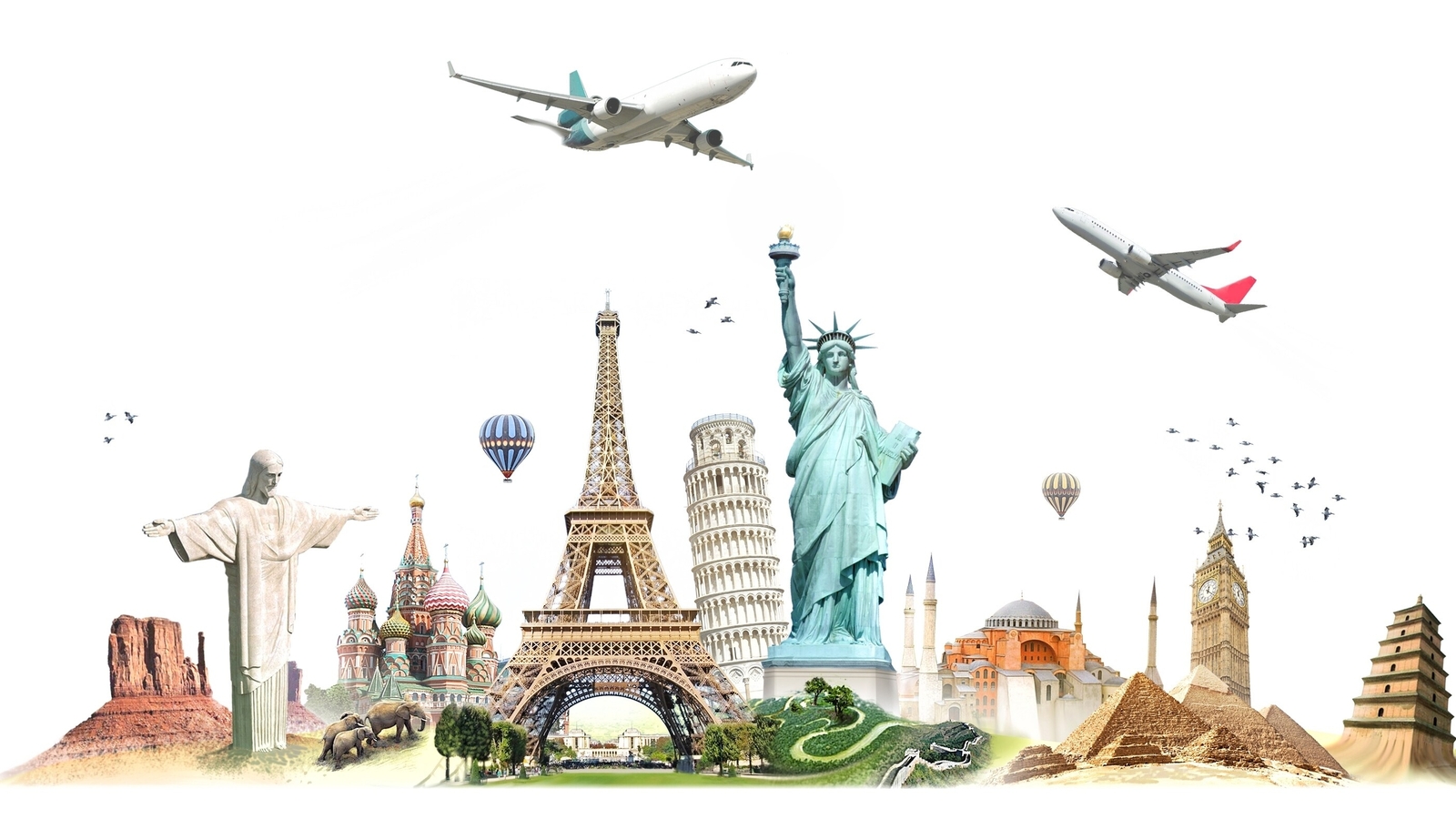Tensions Rise: Cuba Accuses the U.S. of Provoking Conflict
In a striking development, a senior Cuban official recently voiced serious concerns regarding escalating tensions between the United States and Cuba. Speaking from the Cuban Embassy in Washington, Johana Tablada, Cuba’s deputy director for U.S. affairs, accused the Trump administration of deliberately stirring hostilities that could lead to a military confrontation. This statement highlights an ongoing tumultuous relationship rooted in decades of Cold War rivalry.
A Warning from Havana
Tablada made headlines by declaring that an armed clash between the U.S. and Cuba would be "not a good idea." She emphasized that while the Cuban government is working to ease tensions, actions taken by the U.S. seem aimed at further damaging bilateral relations. Her comments underline a growing sense of urgency and concern within the Cuban leadership about the potential consequences of U.S. policies.
U.S. Policies Under Trump
Since taking office in January, President Donald Trump’s administration has adopted a hardline stance towards Cuba. Tablada pointed specifically to new measures intended to sever diplomatic ties further—as she phrased it, to "create conditions for, if necessary, a military confrontation." These measures include reinstating Cuba on the list of State Sponsors of Terrorism and tightening restrictions on remittances and migration programs.
While Trump and his officials have not explicitly threatened military action, the implications of their policies are causing alarm in Havana. Tensions have the potential to escalate quickly in an already volatile political landscape.
The U.S. Perspective
In response to Tablada’s assertions, a State Department spokesperson mentioned that the U.S. had "no indication" that Cuba was ready for constructive dialogue. They called for specific actions from the Cuban government, including the release of American citizens and political prisoners. This rhetoric underscores the entrenched positions on both sides of the fence—each waiting for the other to make a move.
The U.S. Chief of Mission in Havana, Mike Hammer, has been actively engaging with political dissidents, which has only fueled the Cuban government’s suspicion of U.S. intentions. Cuban authorities believe Hammer’s actions are designed to incite unrest, prompting warnings from their foreign ministry about his potential violations of diplomatic norms.
Accusations and Counteraccusations
Cuba’s accusations are not limited to diplomatic behavior. Tablada has claimed that U.S. humanitarian funds are being channeled to undermine the Cuban government’s stability. This points to a broader debate regarding the ethics of foreign aid and intervention, particularly when it comes from a nation with a long history of conflict with the recipient country.
In an international context, these incidents reflect a persistent struggle for influence and ideologies that defined the Cold War era. The diplomatic landscape remains fraught with tension, and the accusations serve to exacerbate an already strained relationship.
The Shift in U.S. Policy
Interestingly, this clash comes against a backdrop of shifting U.S. policies regarding Cuba. Just before Trump took office, the Biden administration had removed Cuba from the terrorism blacklist and eased various restrictions, offering a glimpse of what a more conciliatory approach could look like. However, as soon as Trump resumed power, many of these measures were reversed, indicating a relentless cycle of action and reaction in U.S.-Cuba relations.
Such a repetitive pattern raises questions about the future of diplomatic engagement and the potential for renewed dialogue. The lack of substantial progress further complicates matters, reinforcing the notion of a stalemate where both parties are reluctant to take the first step toward reconciliation.
Implications for the Future
The ongoing exchange of accusations between the U.S. and Cuba raises alarm about potential miscalculations. Tensions can easily escalate into conflicts if both nations do not approach the situation with caution. While Tablada’s remarks hint at a desire for peace, they are also a clarion call for the U.S. to reconsider its strategy regarding Cuba.
As both nations navigate this complex landscape, the prospects for a peaceful resolution remain overshadowed by a history of mistrust and an increasingly fraught political climate. Each statement, each action from either side could tip the balance, underscoring the importance of dialogue amid rising tensions.
In this critical juncture, the world watches as Cuba and the U.S. grapple with their historical legacies, and the implications of their decisions could reverberate well beyond their borders. As each day passes, the headlines echo the urgent call for a more thoughtful approach to diplomacy, reminding both nations of what’s at stake in this long-standing rivalry.


